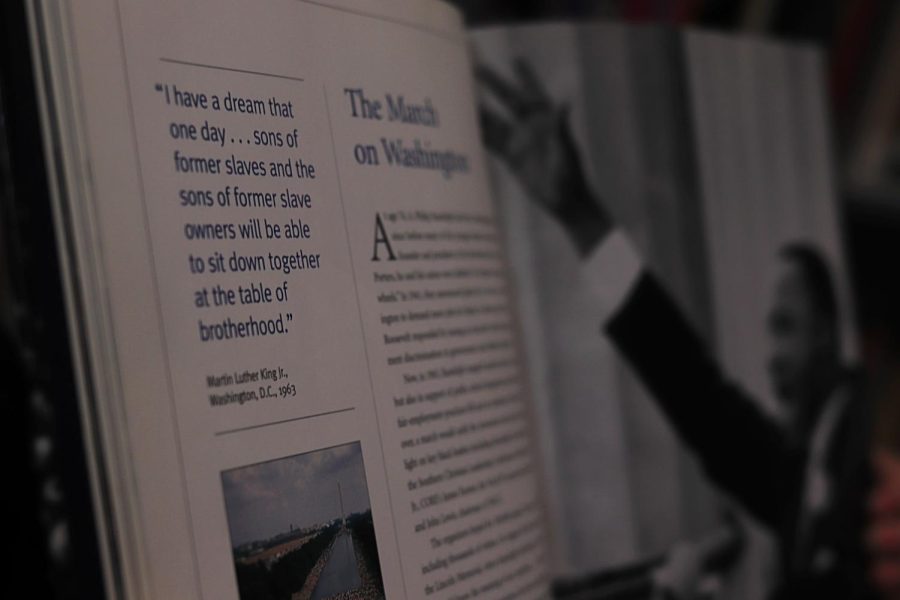The History of Martin Luther King Jr.
January 18, 2023
Martin Luther King Jr. was a Baptist minister and civil-rights activist who had a seismic impact on race relations in the United States, beginning in the mid-1950s. He was president of the Southern Christian Leadership Conference (SCLC). Through his activism and international outreach, he had a profound impact on several issues relating to race in the country. A pioneer in activism and inspirational speeches, he played a pivotal role in ending the legal segregation of African American citizens in the United States, as well as in creating the Civil Rights Act of 1964 and the Voting Rights Act of 1965. He won the Nobel Peace Prize in 1964 for his work and among several others. His influence and inspiration remain among the most enduring in the history of African American leaders.
The idea of creating a national holiday in honor of Martin Luther King Jr. was promoted by labor unions. After King’s death, U.S. Representative John Conyers and U.S. Senator Edward Brooke introduced a bill in Congress to make King’s birthday a national holiday. The bill first came to a vote in the U.S. House of Representatives in 1979; however, it fell five votes short of the number needed for passage. Two of the main arguments mentioned by opponents were that a paid holiday for federal employees would be too expensive and that a holiday to honor a private citizen would be contrary to longstanding tradition, as King never held public office.
At the time, only two other figures had national holidays honoring them: George Washington and Christopher Columbus.” The success of this strategy was cemented when musician Stevie Wonder released the single “Happy Birthday’ to popularize the campaign in 1980 and hosted the Rally for Peace Press Conference in 1981. Six million signatures were collected for a petition for Congress to pass the law, which is considered the largest petition in favor of an issue in U.S. history. President Reagan originally opposed the holiday but signed a bill on November 2, 1983, to create a federal holiday honoring King after pressure from Representative Katie Hall, who proposed the bill. The holiday was observed for the first time on January 20, 1986, following guidelines set by the Uniform Monday Holiday Act.







